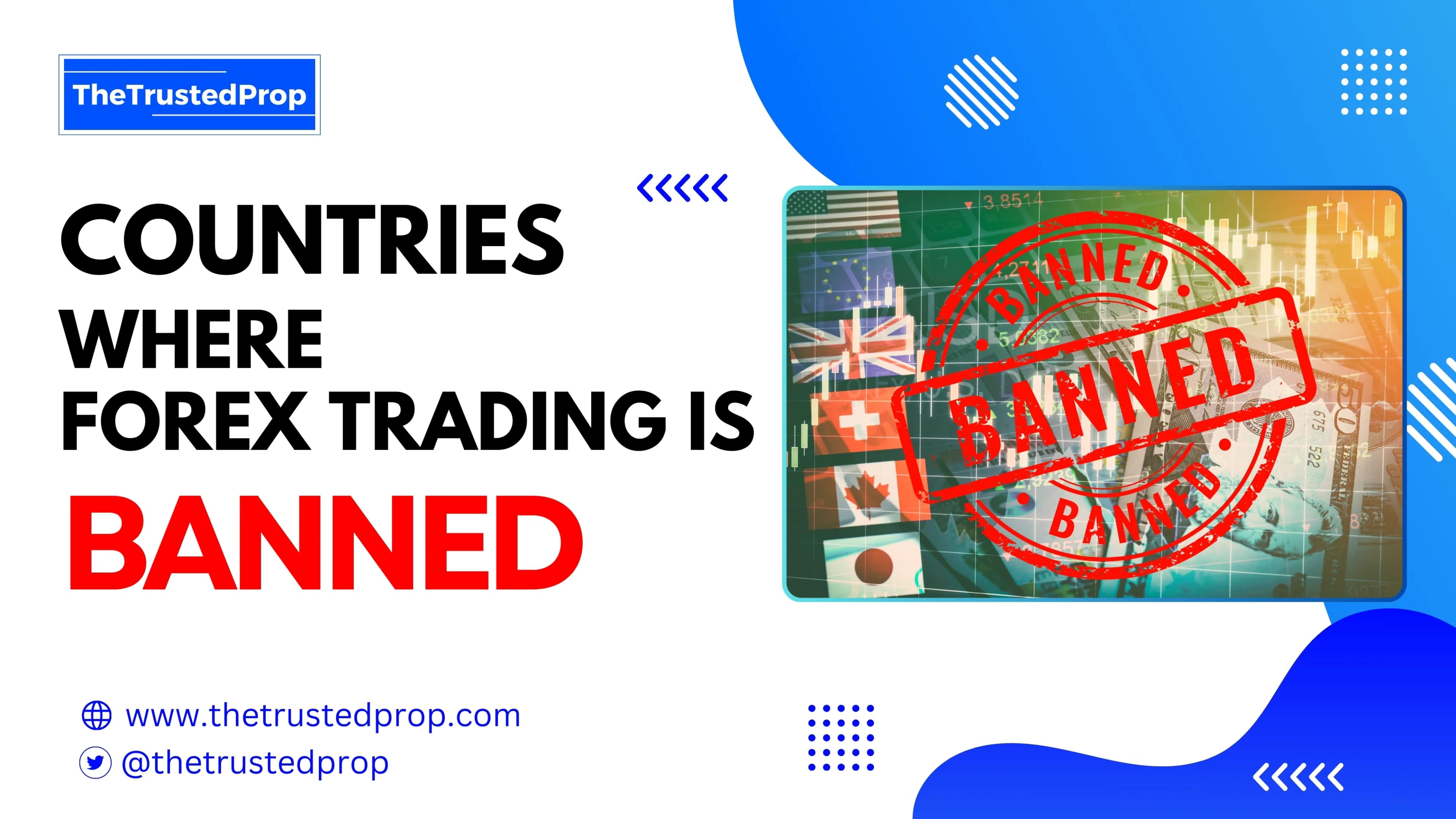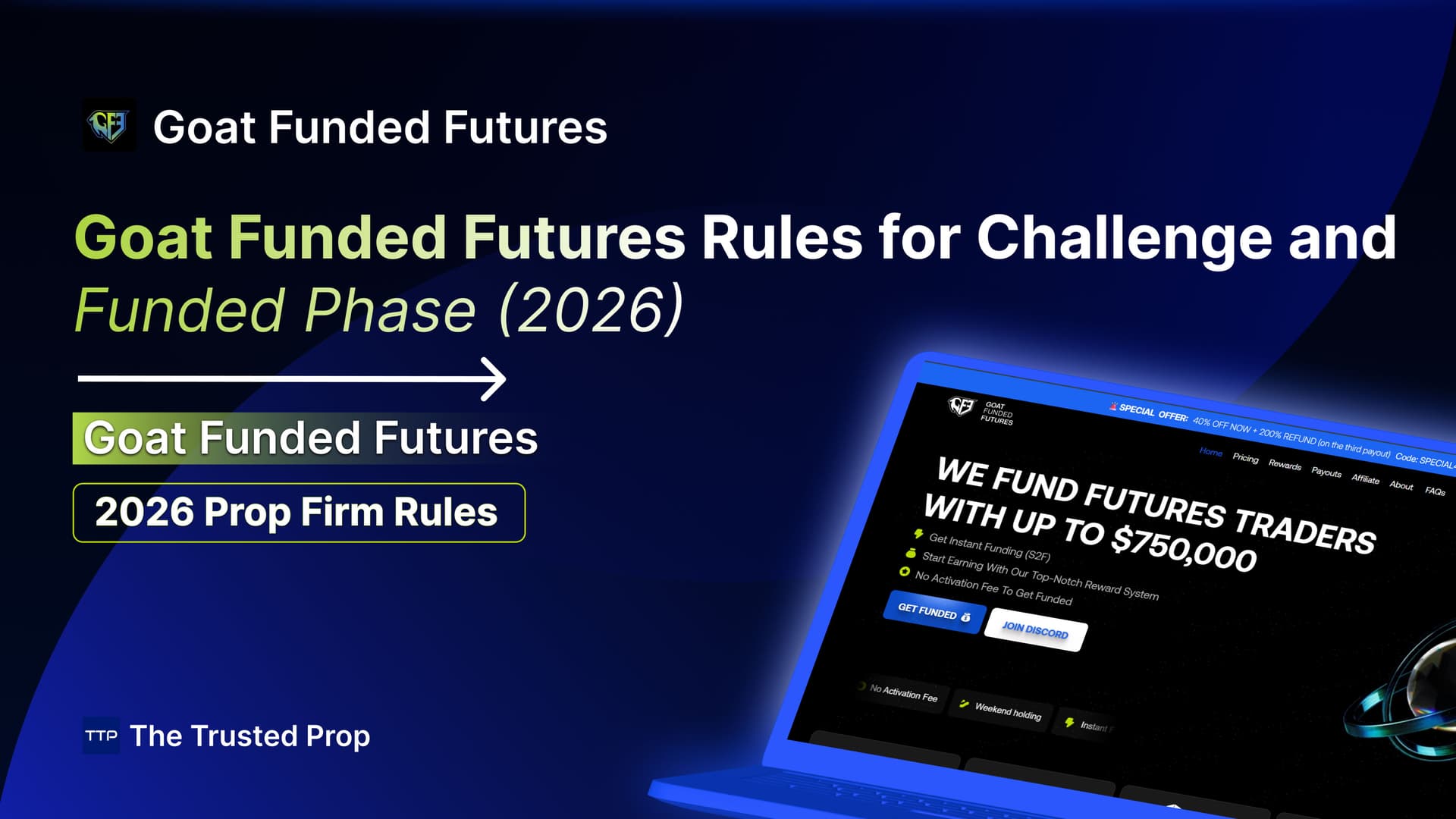Countries Where Forex Trading is Illegal/Restricted or Straight Up Banned

Countries Where Forex Trading is Illegal/Restricted or Straight Up Banned
7/16/2024
What is Forex Trading?
Forex trading, also known as foreign exchange trading, involves the buying and selling of currencies. It is a decentralized market that operates 24/7, allowing traders to profit from the fluctuations in currency prices.
Importance of Forex in the Global Economy
Forex trading facilitates international trade and investment by enabling currency conversion. It supports global businesses in hedging against currency risks and helps governments in maintaining foreign exchange reserves.
Forex trading, the buying and selling of currencies, is a lucrative yet complex market. It operates 24/7, allowing traders to profit from the ever-changing exchange rates. However, not all countries welcome this form of trading. In some, it is illegal, while others impose strict regulations. Understanding where and why forex trading is prohibited is crucial for any trader.
Countries Where Forex Trading is Illegal
Several countries have outright bans on forex trading. These include:
North Korea
North Korea's government controls all financial transactions and has a monopoly on foreign currency. Forex trading is illegal to prevent capital outflows that could weaken the national currency, the North Korean won.
Malaysia
In Malaysia, forex trading is illegal for retail investors. The central bank has strict controls on currency trading to prevent fraud and maintain economic stability.
France
France has banned certain forms of forex trading, especially binary options, due to concerns about fraud and investor protection.
Bosnia and Herzegovina
Bosnia and Herzegovina have restrictive financial regulations, making forex trading illegal to protect its economy from instability.
Israel
Israel has strict regulations that prohibit certain types of forex trading. The government aims to protect citizens from high-risk investments and potential fraud.
Pakistan
In Pakistan, where Sharia law prevails, forex trading is heavily restricted. The government controls foreign exchange transactions to ensure economic stability and compliance with Islamic financial principles.
India
India has strict regulations on forex trading. The Reserve Bank of India (RBI) only allows trading through registered exchanges and licensed brokers, which are currently non-existent, effectively making forex trading illegal.
Reasons for Banning Forex Trading
Economic Stability Concerns
Many countries ban forex trading to prevent large capital outflows that can destabilize the local currency. By restricting forex trading, these governments aim to maintain economic stability and prevent currency devaluation.
Capital Outflows and Currency Weakening
Forex trading can lead to significant capital outflows, weakening a country's currency. This is particularly concerning for nations with fragile economies.
Fraud and Scams
The forex market's decentralized nature makes it susceptible to fraud and scams. Governments ban or restrict forex trading to protect citizens from fraudulent schemes.
Regulatory Challenges
Regulating forex trading can be challenging due to its complexity and the rapid technological changes in the market. Some countries opt for a complete ban to avoid these challenges.
Impact on Traders
Legal Consequences
Traders in countries where forex trading is illegal face severe legal repercussions. This can include fines, asset seizures, and even imprisonment.
Limited Access to Global Markets
Bans and restrictions limit traders' access to global forex markets, reducing their investment opportunities and potential profits.
Alternative Investment Options
Traders in these countries often have to explore alternative investment options, such as local stock markets or commodities.
Countries with Restricted Forex Trading
Some countries allow forex trading but with significant restrictions:
China
China has strict controls on forex trading to prevent capital flight and protect the yuan. Traders must use approved brokers, and there are limits on currency transactions.
Nigeria
Nigeria imposes restrictions on forex trading to control money laundering and stabilize the naira. The central bank regulates forex transactions tightly.
South Africa
In South Africa, forex trading is legal but highly regulated. Traders must adhere to strict rules set by the Financial Sector Conduct Authority (FSCA).
Russia
Russia allows forex trading but requires brokers to be licensed by the Central Bank of Russia. This ensures that only reputable firms operate in the market.
Ukraine
Ukraine has restrictions on forex trading to prevent capital outflows and protect the hryvnia. The National Bank of Ukraine regulates the market.
Egypt
Forex trading is restricted in Egypt, with the central bank imposing limits on currency transactions to maintain economic stability.
Reasons for Restrictions
Anti-Money Laundering Laws
Countries with forex trading restrictions often aim to prevent money laundering and other financial crimes. Strict regulations help monitor and control large currency transactions.
Capital Controls
Capital controls are used to regulate the flow of money in and out of a country. This helps maintain currency stability and prevent economic crises.
Regulatory Frameworks
Comprehensive regulatory frameworks ensure that only legitimate and financially sound brokers operate in the forex market. This protects traders from fraud and market manipulation.
Legal Forex Trading Environments
In contrast, some countries have well-regulated forex markets:
United States
Forex trading is legal in the U.S. but heavily regulated. Brokers must register with the Commodity Futures Trading Commission (CFTC) and be members of the National Futures Association (NFA).
Canada
In Canada, forex trading is legal and regulated by the Investment Industry Regulatory Organization of Canada (IIROC). This ensures a safe trading environment for investors.
Europe
European countries generally allow forex trading, with regulations overseen by agencies such as the Financial Conduct Authority (FCA) in the UK and the Cyprus Securities and Exchange Commission (CySEC).
Australia
Australia's forex market is regulated by the Australian Securities and Investments Commission (ASIC), ensuring transparency and fairness.
United Arab Emirates
In the UAE, forex trading is regulated by the Securities and Commodities Authority (SCA), providing a secure environment for traders.
Regulatory Bodies and Their Roles
Commodity Futures Trading Commission (CFTC)
The CFTC regulates the U.S. forex market, ensuring transparency and protecting traders from fraud.
National Futures Association (NFA)
The NFA oversees forex brokers in the U.S., ensuring they comply with strict financial standards and ethical practices.
Investment Industry Regulatory Organization of Canada (IIROC)
IIROC regulates forex trading in Canada, maintaining high standards of investor protection and market integrity.
Securities and Commodities Authority (SCA)
The SCA regulates the UAE's forex market, ensuring that brokers operate fairly and transparently.
Economic and Political Implications of Forex Bans
Currency Stability
By banning forex trading, governments aim to stabilize their currencies and prevent devaluation.
Economic Sovereignty
Forex bans help countries maintain economic sovereignty by controlling the flow of capital and preventing external influences on their currency.
Political Control
Banning forex trading can also be a political move to exert control over the economy and prevent activities that could undermine government authority.
Alternatives to Forex Trading in Banned Countries
Bartering and Local Currency Exchange
In countries with forex bans, bartering and local currency exchanges can serve as alternatives. These methods allow for trade without involving foreign currencies.
Cryptocurrencies
Cryptocurrencies like Bitcoin offer a decentralized way to conduct transactions and bypass traditional forex channels. However, they come with regulatory uncertainties and price volatility.
Hawala System
The Hawala system, prevalent in regions like the Middle East and South Asia, provides an informal network for remittances and currency exchanges based on trust and personal connections.
Case Study: Forex Trading in the United States
Regulatory Requirements
Forex brokers in the U.S. must be registered with the CFTC and be members of the NFA, ensuring strict compliance with financial standards.
Licensing Costs
Obtaining a forex trading license in the U.S. requires substantial capital, often up to $20 million. This high cost limits the number of brokers operating in the market.
Profitability Challenges
U.S. brokers face profitability challenges due to lower leverage limits compared to other regions. This affects the volume of trades and overall earnings.
Strategies for Traders in Restricted Environments
Diversifying Revenue Streams
Traders should diversify their investments to reduce reliance on forex trading. This can include exploring local markets and other financial instruments.
Exploring Legal Loopholes
In some cases, legal loopholes may allow certain forex transactions. Consulting legal experts can help traders navigate these complex regulations.
Staying Informed About Regulatory Changes
Regulatory environments can change rapidly. Staying informed about new laws and regulations is crucial for traders to adapt their strategies accordingly.
Conclusion
Forex trading, while lucrative, is not universally accepted. In countries where it is banned or restricted, traders must navigate complex regulations and explore alternative investment options. By understanding the reasons behind these bans and the regulatory landscape, traders can make informed decisions and avoid legal pitfalls.
You may also like
The5ers Payout Rules, Profits & Withdrawals (2026 Guide)

Goat Funded Trader Instant Goat Account Explained (2026)
.jpg&w=1920&q=75)
Goat Funded Futures Rules for Challenge and Funded Phase (2026)

My Funded Futures Flex Challenge Explained (2026 Guide)

Moneta Funded Detailed Review 2026: Our Honest Verdict

Evercrest Funding Detailed Review 2026: Our Honest Verdict

Breakout Prop Detailed Review 2026: Our Honest Verdict

No FAQs are available for this topic yet.






















